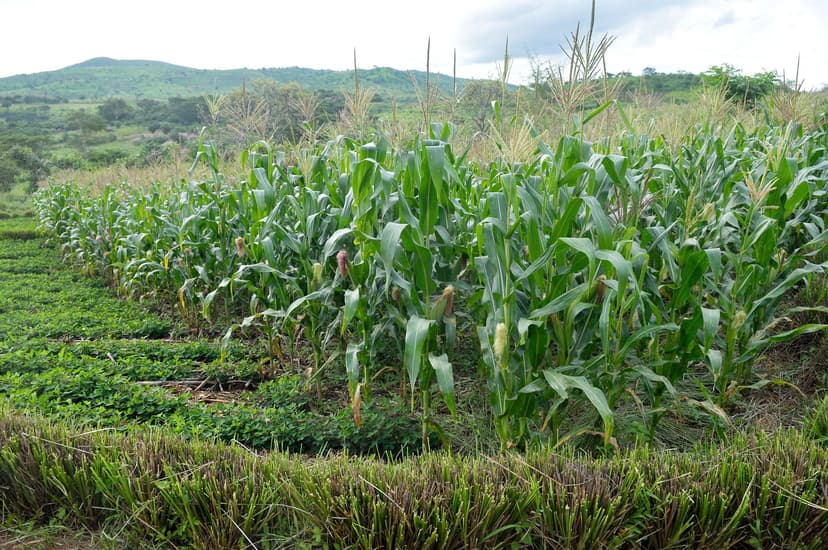A Post About Finance

Navigating Malawi's Financial Landscape: A Peek into Money Matters
Nestled in the heart of southeastern Africa, Malawi presents a fascinating financial ecosystem that reflects both its challenges and opportunities. The country's economic story is one of resilience, with the Malawian Kwacha serving as the primary currency, telling a tale of economic adaptation and growth.
The In's and Out's
Malawi's financial system operates on a delicate balance between traditional economic practices and modern banking approaches. The Reserve Bank of Malawi plays a crucial role in managing the country's monetary policy and maintaining financial stability in a landscape marked by agricultural dependency and international aid influences.
For most Malawians, money moves through a mix of formal and informal channels. While urban centers like Lilongwe and Blantyre boast modern banking infrastructure, rural areas often rely on more traditional financial networks. Mobile money has emerged as a game-changer, allowing people in even the most remote villages to access financial services through their mobile phones.

Agriculture remains the backbone of Malawi's economy, with most financial activities closely tied to crop production and trade. Smallholder farmers often engage in local economic exchanges that blend traditional bartering with cash transactions, creating a unique financial ecosystem that defies simple categorization.
The challenges are real – inflation, currency fluctuations, and limited access to financial services continue to shape Malawi's economic landscape. Yet, there's an undercurrent of innovation and hope. Young entrepreneurs and digital financial services are gradually transforming how money works in this vibrant nation, bridging gaps and creating new opportunities.
Understanding money in Malawi is more than just tracking currency—it's about recognizing a complex, resilient system that continues to evolve against a backdrop of challenges and remarkable potential.